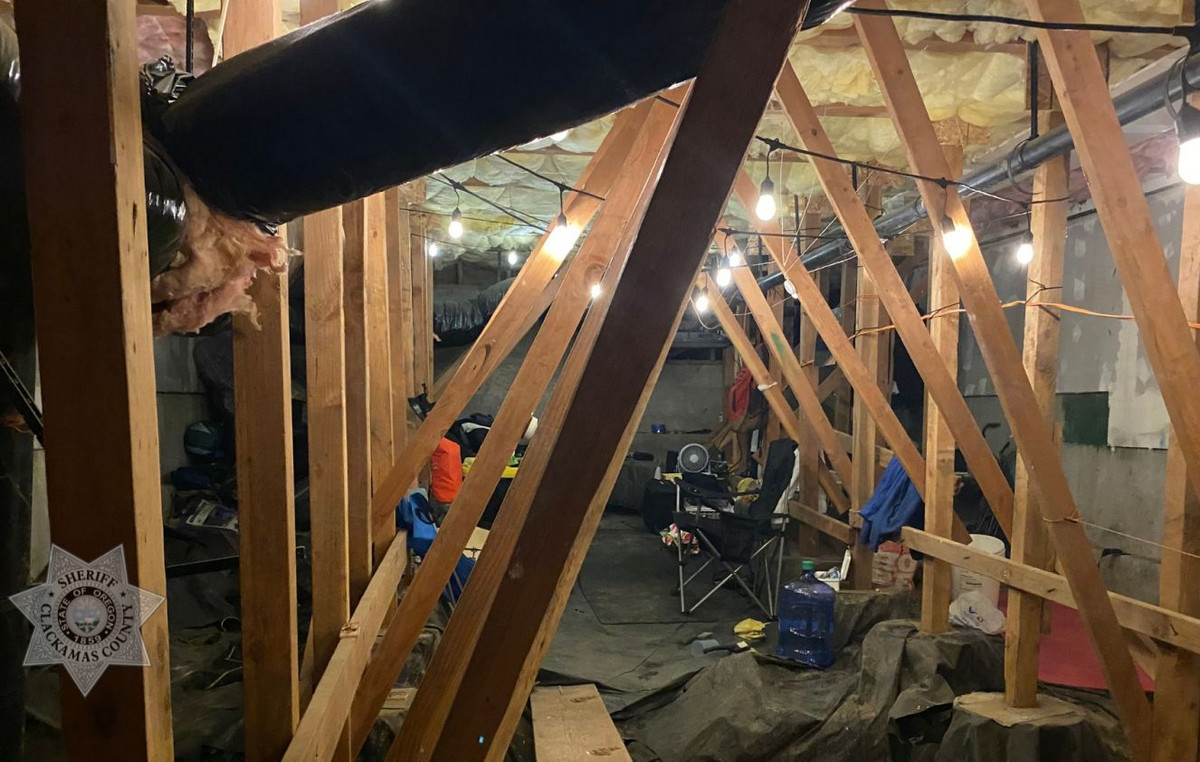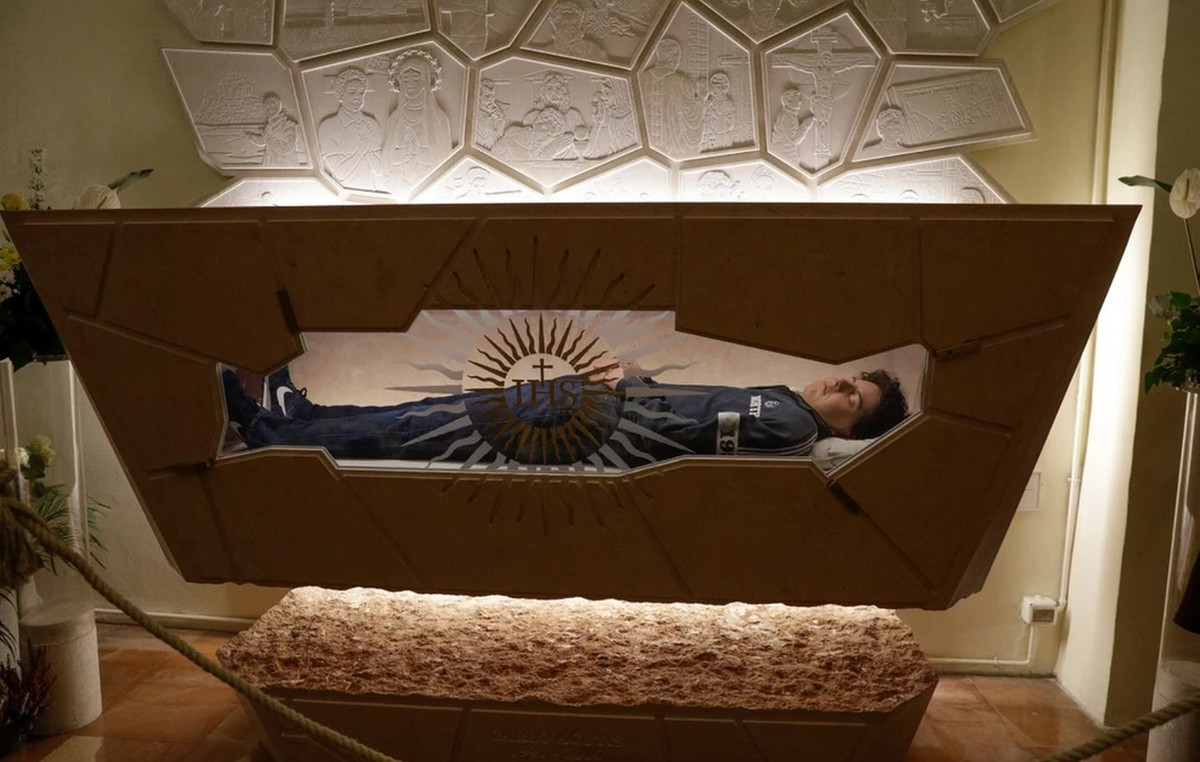On 7 September the world day dedicated to the fight against the Duchenne muscle dystrophy (DMD)a rare genetic disease that takes its name from the French doctor Guillaume Duchenne de Boulogne who described it for the first time already in the nineteenth century. The pathology, considered one of the most common and serious forms of pediatric muscle dystrophy, He mainly affects males, with a significant impact on the quality of life.
“Duchenne muscle dystrophy is a rare and progressive genetic disease that mainly affects the male sex,” explains the Prof. Eugenio Mercuri, MD, director of the Infanti Neuropsychiatry Operating Unit of the Agostino Gemelli Polyclinic at the Catholic University of Rome. “Generally Symptoms are manifested from early childhood, during which it is possible to observe muscle weakness and delay in the acquisition of motor stages. Normally children show Difficulty jumping, climbing the stairs, running and develop one Casting and anomalous walk».
Duchenne muscle dystrophy (DMD): the cause
At the origin of the pathology, which is estimated hit about 1 out of 5,050 born male on a global level, the alteration of a gene. «Specifically, this hereditary disease is caused from mutations of the DMD genewhich prevent the production of functional dystrophina protein necessary for the correct development and functioning of the muscles, causing progressive damage to the muscle fibers “, specifies the specialist.
The Distroppine gene it is placed on the X chromosome And this explains the transmission linked to sex. Duchenne dystrophy is in fact a disease that in males (who have a X -chromosome X and a Y) is fully manifested, while in females (which have 2 chromosomes X) The symptomatology is very reduced due to a compensation with the presence of a normal form of the gene on the second X chromosome. Women are in fact called “healthy carriers”.
The diagnosis
The diagnosis It takes place in Italy around 3 and a half years of age. “At the appearance of the first symptoms, the specialist undertakes the diagnostic process that makes use, following the objective evaluation, of the dosage of the CK enzyme (Creatine Chinasi)”, explains Professor Mercuri. «In case of anomalous CK values, to confirm the diagnosis, proceed with the genetic examination. The test allows in fact identify the alteration of the gene coding for the stretch».
A peculiar aspect of the disease is that with the passage of time, Duchenne’s muscle dystrophy causes progressive damage to all muscle fibers. «Children and young people pthey mirce the ability to walk And then to use the upper limbs too », explains the neuropsychiatrist. «In addition, the disease involves progressive damage to all muscle fibers, including cardiac and respiratory ones. The greatest complications after the loss of walking are in fact related to progressive impairment of respiratory and cardiac function, which require constant monitoring and careful multidisciplinary management “.
To date there is no cure
And what about the treatments available today? «Thanks to a multidisciplinary approach, the disease management has improved considerably in recent years and this has led to a significant increase in expectation and quality of life “, Professor Mercuri explains again. «However, the signs of the disease remain serious. To date there are no drugs capable of definitively cure, but we can count on therapies capable of delaying progression, with a positive impact on the quality of life of young patients and their families ».
The dedicated campaign
Precisely with the aim of make known the needs of children and young people who coexist with this disease, on the occasion of the dedicated world day, the awareness campaign “With all the strength I have. The normalcy challenges of the Duchenne boys”made by Italfarmaco with the patronage of Parent Project APS (Association of patients and parents with children suffering from Duchenne and Becker muscle dystrophy).
Heart of the countryside is one Miniseries in 6 episodes (which will be broadcast on Dedicated YouTube channel) That tells Misha’s challenges and everyday life (12 years), Jacopo (22 years) e Samuele (13 years). Together with them, family, teachers and classmates, but above all of the exceptional tutors: the Finley musical group, who accompanied the 3 protagonists in a story of strength and determination, beyond the disease.
At the center of the series, listening, inclusion but also architectural, social, bureaucratic and cultural obstacles, who live the Dukenne boys every day and that they return an authentic photography of needs, often still unheeded, of young patients and their families. «On the day when the whole world celebrates the fight against DMD we wanted to support this information campaign To raise a voice that can be listened to and make the normalcy challenges of the Dukenne boys know authenticlywho do not feel superheroes, do not ask for pietism, but they want to be children, young boys like everyone else, With the same opportunities, the same passions and a daily life made of school, sport, sociality, travel and much more », comments Cristina Picciolo, general director of Parent Project APS. «Italian families who live with the DMD they need scientific research, new therapeutic responses, but also of a company capable of network around the needs of patients such as Misha, Jacopo and Samuele, The protagonists of the series, to guarantee them a quality life ».
Source: Vanity Fair
I’m Susan Karen, a professional writer and editor at World Stock Market. I specialize in Entertainment news, writing stories that keep readers informed on all the latest developments in the industry. With over five years of experience in creating engaging content and copywriting for various media outlets, I have grown to become an invaluable asset to any team.







